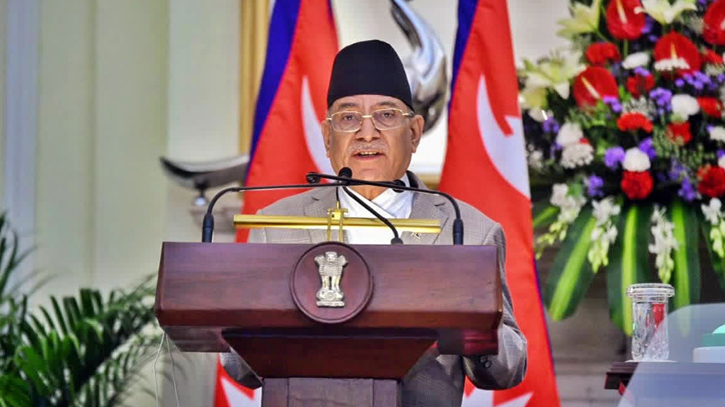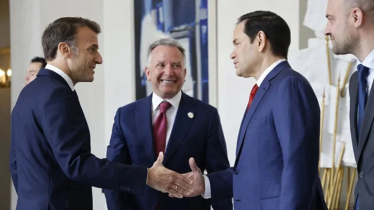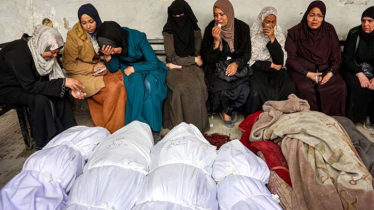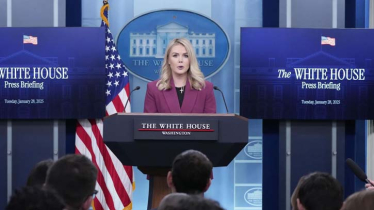
Nepali Prime Minister Pushpa Kamal Dahal. Photo: Collected
Embattled Nepali Prime Minister Pushpa Kamal Dahal lost his government's majority Wednesday after his key coalition partner withdrew support, triggering fresh political uncertainty in Kathmandu's volatile parliament. Dahal is expected to face a vote of confidence in parliament within 30 days.
Dahal, a 69-year-old ex-Maoist guerrilla better known by his nom de guerre Prachanda, or "the fierce one", has held the prime minister's position since December 2022 through fragile alliances. Four months ago, Dahal sacked his old allies and rebuilt his partnership with the Communist Party of Nepali - Unified Marxist Leninist (CPN-UML), but it did not hold.
"All the ministers have resigned, we have withdrawn our support and have informed the prime minister," Mahesh Bartaula, chief whip of CPN-UML, told AFP.
Differences within the top leadership paved the way for CPN-UML's chairman KP Sharma Oli to strike a midnight deal with Sher Bahadur Deuba of the opposition Nepali Congress (NC) on Tuesday. NC chief secretary Krishna Prasad Poudel announced details in a statement on Wednesday, after a meeting of party leaders.
"This meeting expresses the conviction to implement the agreement for CPN-UML chair KP Sharma Oli to first lead a new national consensus government, and then for Nepali Congress President Sher Bahadur Deuba to lead it," the statement read. The Maoists have played a key role in Nepal's politics for more than 20 years, after waging a decade-long insurgency against government forces that claimed more than 16,000 lives.
The civil war ended in a 2006 peace deal, which saw rebel leader Dahal become Nepal's first post-war prime minister. The three main parties -- the Maoists, CPN-UML, and the NC -- have since monopolised politics, forming varying brittle coalitions with one another.
Nepal, a Himalayan nation of 30 million people, is sandwiched between powerful neighbours India and China -- with both New Delhi and Beijing campaigning for influence. Nepal's next general elections are to be held in 2027.
Messenger/Disha








